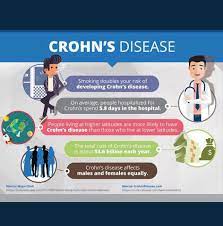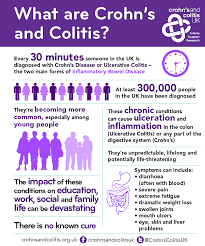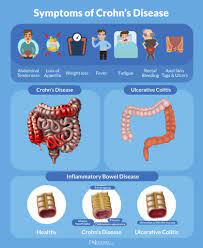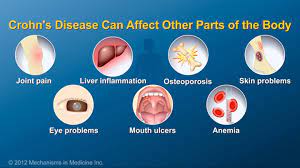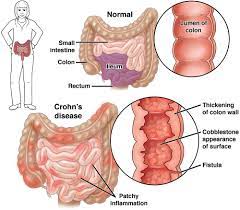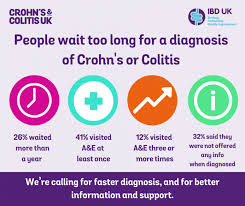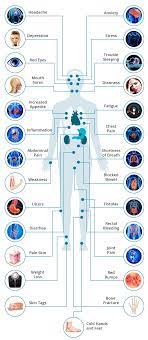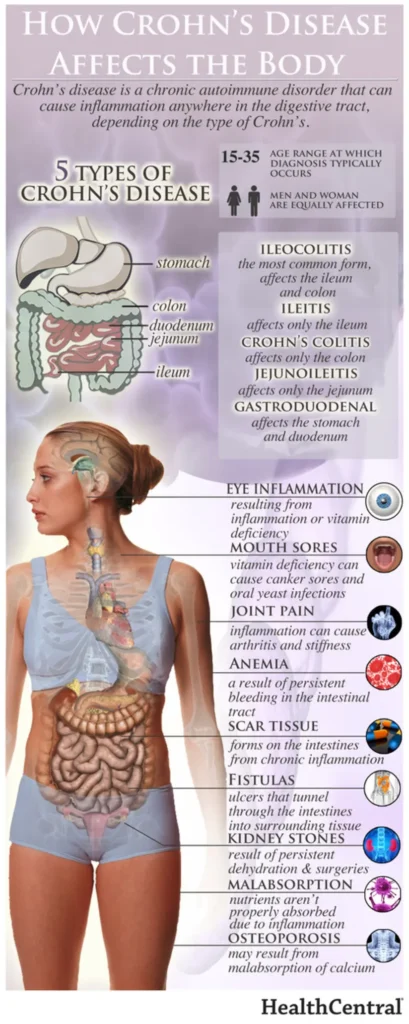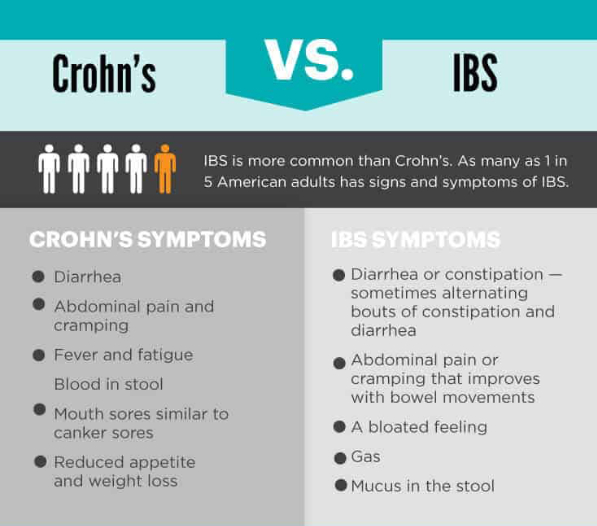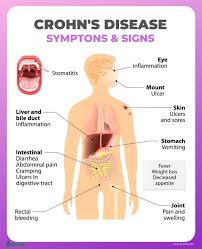How cells respond to stress is more nuanced than previously believed

The body’s cells respond to stress — toxins, mutations, starvation or other assaults — by pausing normal functions to focus on conserving energy, repairing damaged components and boosting defenses. If the stress is manageable, cells resume normal activity; if not, they self-destruct. Scientists have believed for decades this response happens as a linear chain of events: sensors in the cell ‘sound an alarm’ and modify a key protein, which then changes a second protein that slows or shuts down the cell’s normal function. But researchers have now discovered a cell’s response is more nuanced and compartmentalized — not fixed or rigid, as previously thought.



